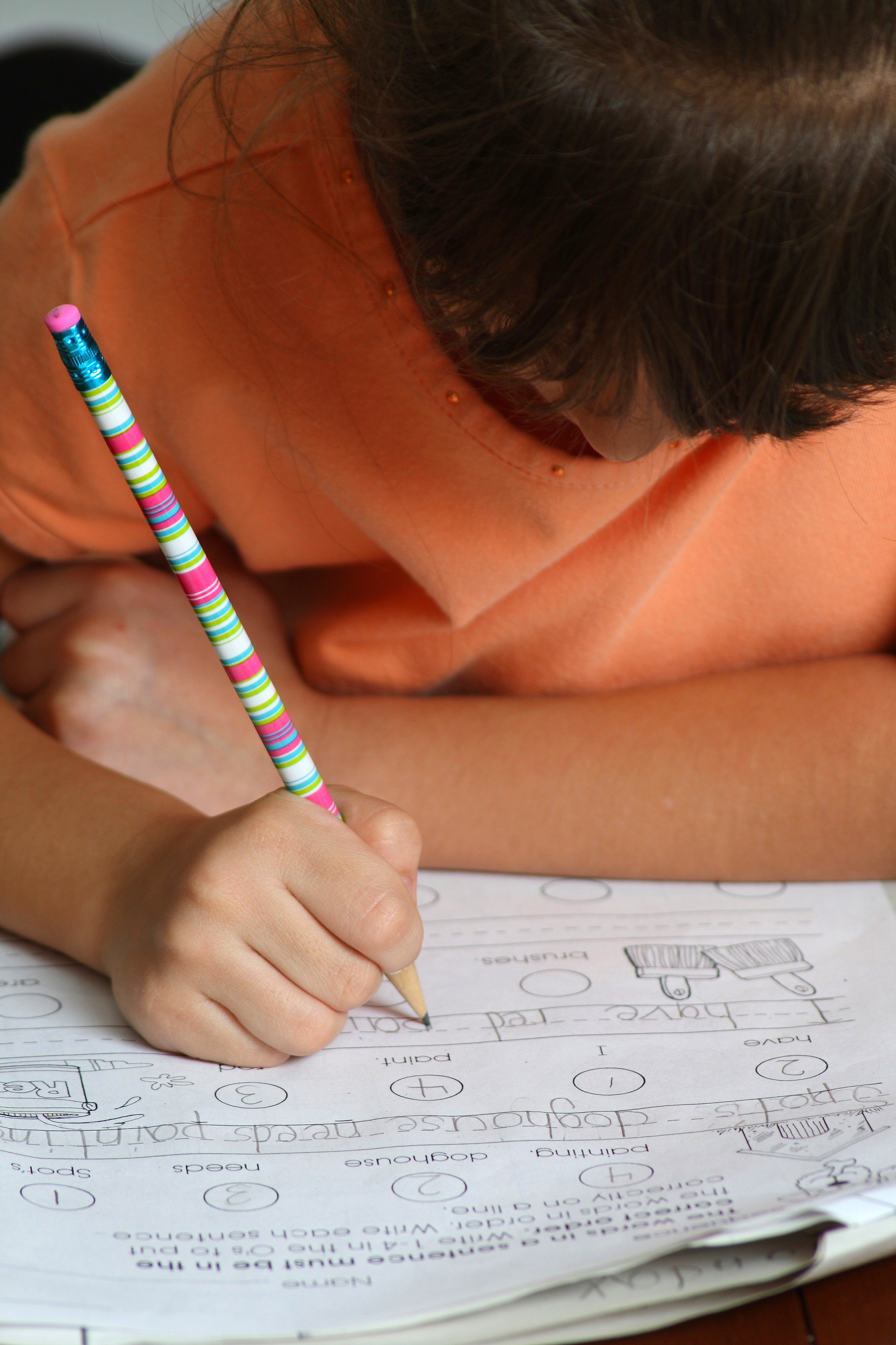Try to remember: When you were a student, did you ever ask, “How will grammar (or geometry or social studies) benefit me later in life?” Be honest.
Now, return to today. When was the last time you took notes at a meeting? Or prioritized your “to-do” list? Or organized a project from start to finish? The skills you use to do these tasks at work and at home are the same skills you learned and honed in English class (and geometry and social studies). Now, your children are developing those skills that will enable them to read analytically, write and speak expressively, and think strategically. And when they ask, “What good is this going to do me?” you know that it all starts with taking notes in history class, studying for that bio exam, and juggling time to accommodate school, sports, and social calendars!
More: Maintain a Stress-Free School Year
Organization, time management, note taking, test taking, and strategic reading are all essential study skills that are first introduced to young people in the classroom, but ultimately transfer far beyond school. To help your child develop these skills in a way that is meaningful to them—mainly applying them to their “job” which is school—Sylvan Learning recommends tips that parents can follow:
Organization and Time Management
- Have students use a planning calendar to track daily, weekly, and monthly assignments and responsibilities.
- Encourage children to break down large, complex tasks into manageable pieces.
- Have children prioritize homework and other tasks when they get home from school, then complete the tasks in that order.
Note Taking
- Don’t panic if a child’s notes look sloppy and disorganized. It’s often just a sign of a student with an active mind who is organizing things in ways that work best for him or her.
- Encourage students to review their notes and even rewrite them, if necessary, to be sure they make sense.
- As they review their notes, have children identify the most important points and highlight them.
Test Taking
- Urge a student to study over a period of days or weeks instead of cramming the night before.
- Be sure students go into the test with the right equipment, whether that means a calculator, class notes, textbooks, or simply a pencil.
- Encourage them to answer test questions they know first and then go on to the more challenging questions.
Reading
- Encourage young readers to use all the clues available to them while reading, such as headlines, pictures, captions, charts, tables, and graphs.
- Urge them to read different types of writing, such as books of fiction and nonfiction, newspaper and magazine articles, letters and websites.
- Talk with kids after they read a book or article. Have them tell you what the story was about, why it did or didn’t interest them, and how it related to their life.
More: School Management: How to Stay on Top of Your Kids' Schoolwork
Studies show that the more involved parents are with their children’s education, the better the children do in school. What the studies don’t say is that this involvement is not just in the children’s school, but in the children’s lives. Because life is a balance of basic core skills (reading and math) and personal skills, such as communication and responsibility skills (organization and time management), parents need to nourish all of these skills, not just the ones that yield a grade.
Written by: Hillary Malone Tilton, Sylvan Learning of West Michigan. For more educational resources for children in grades pre-K through 12, please visit www.SylvanLearning.com. Photo: stock.xchng




